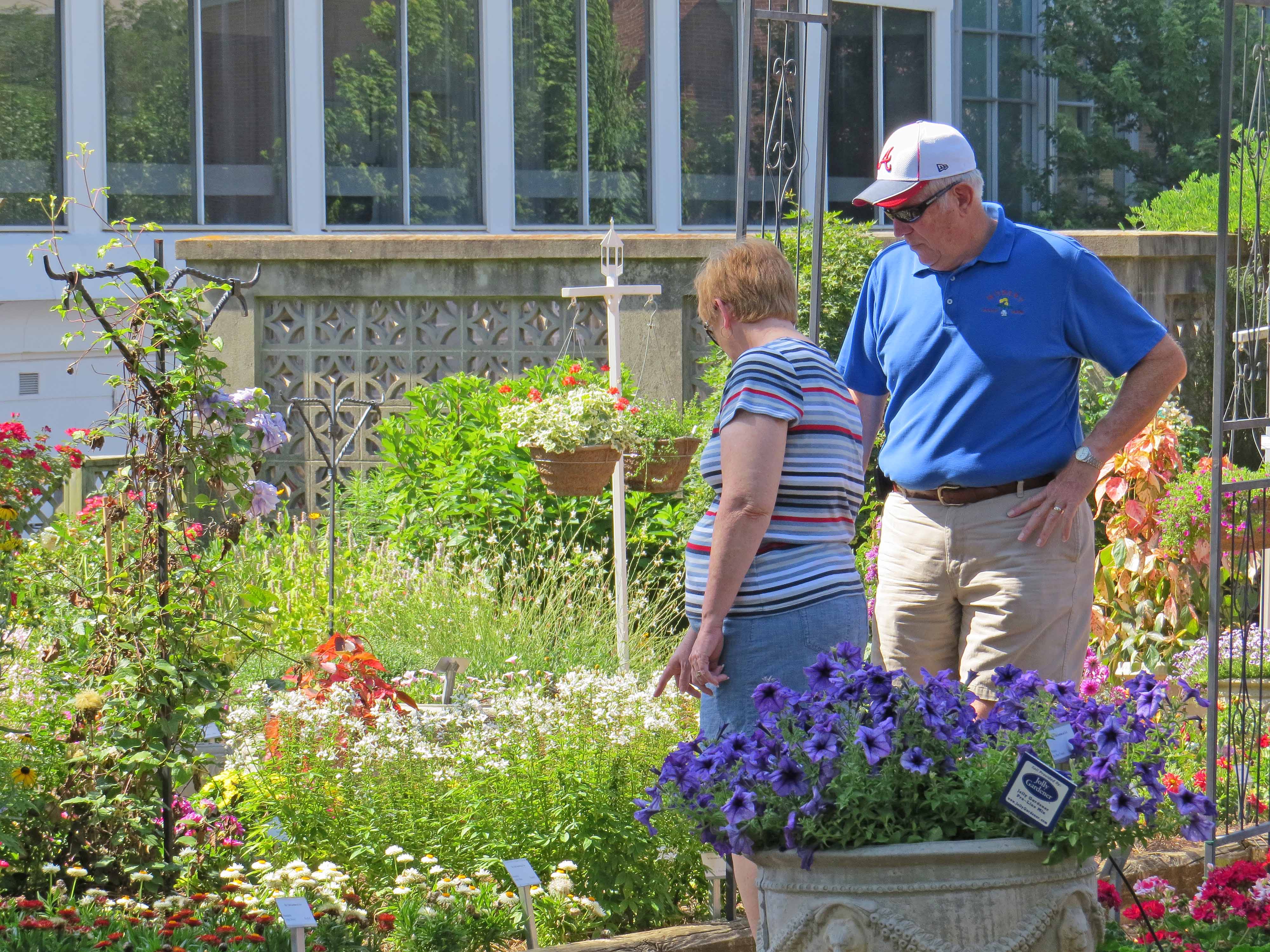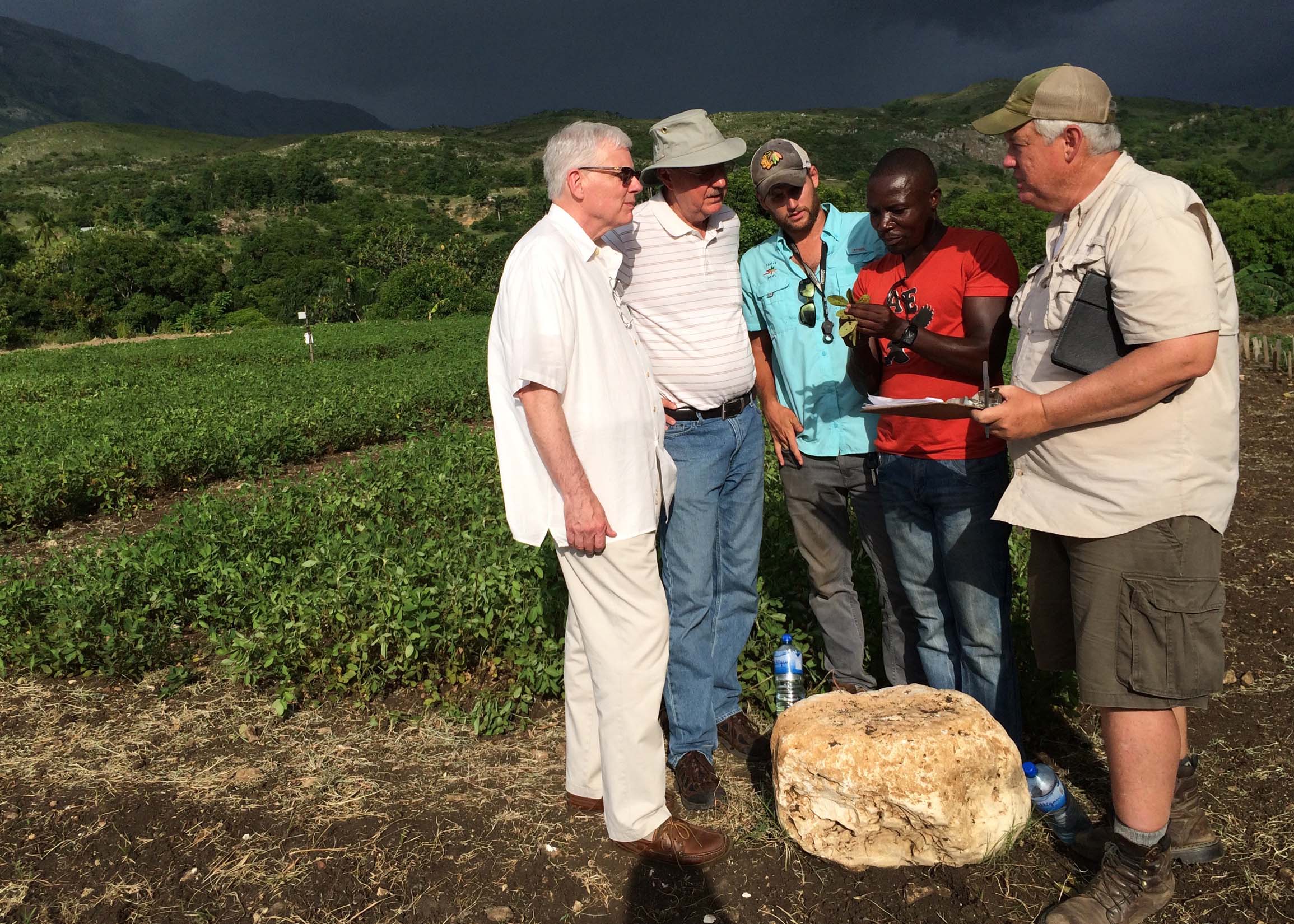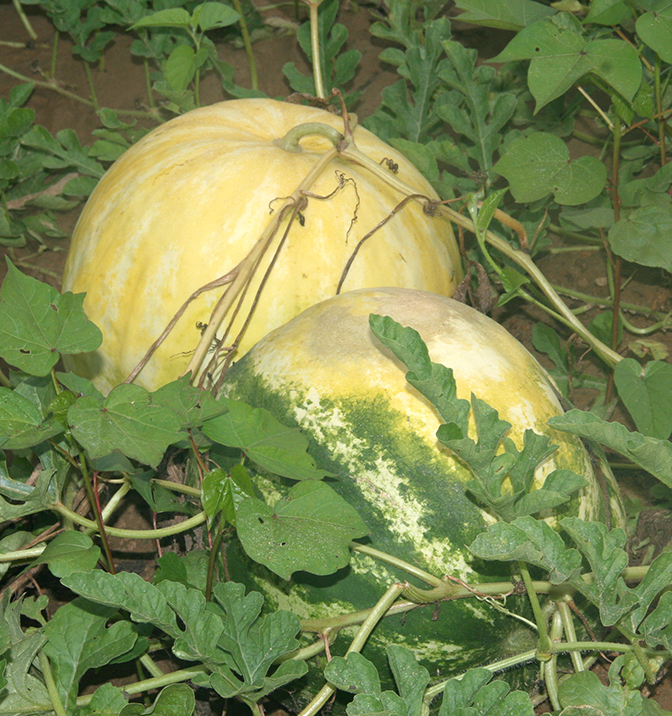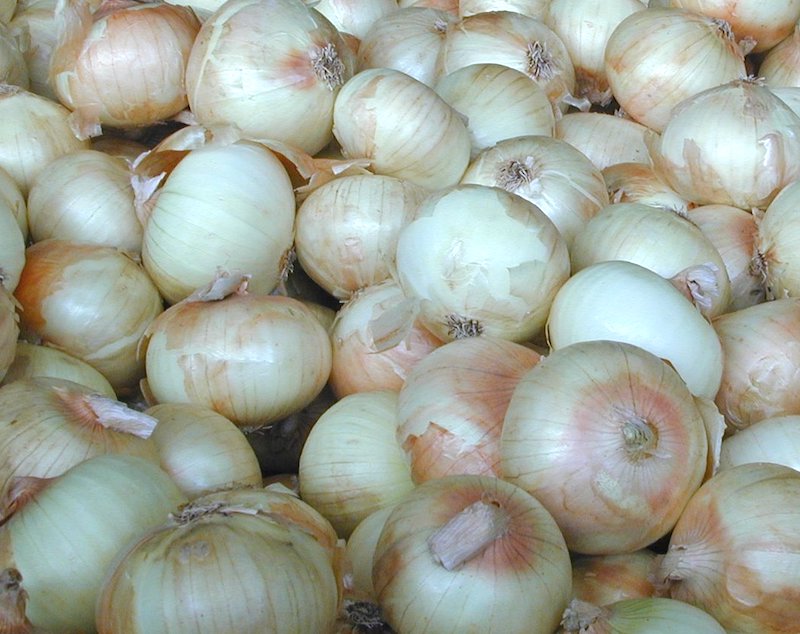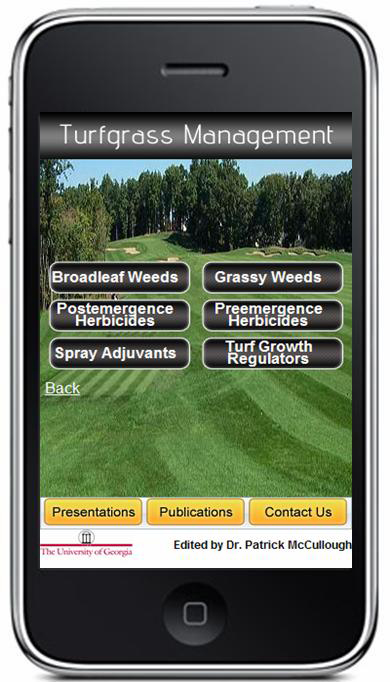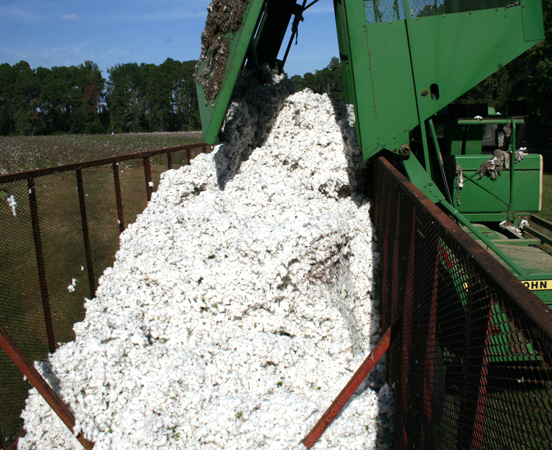 CAES News
CAES News
Cotton Prices
Two of the world’s largest producers of cotton, China and India, play key roles in the future of cotton prices, according to University of Georgia cotton economist Don Shurley.

